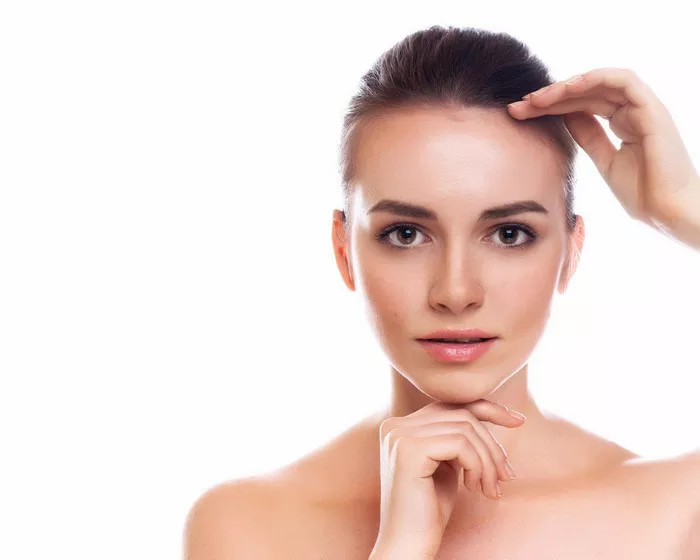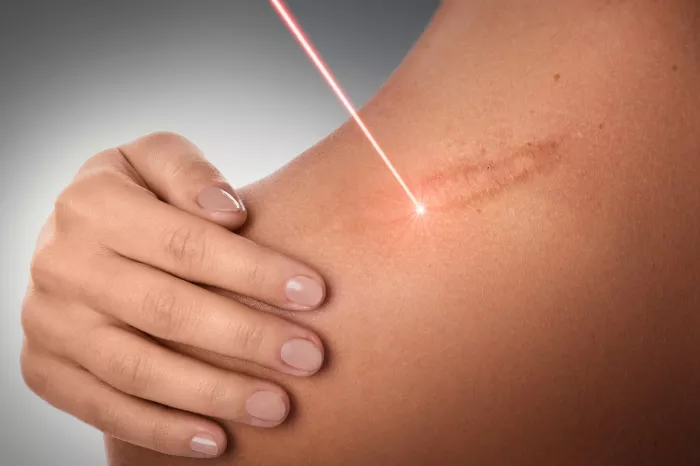As women enter their 20s, they are often busy pursuing their careers, completing their education, and building their social lives. However, it’s important not to overlook the importance of maintaining a healthy lifestyle, which includes a balanced diet and adequate vitamin intake. In this article, we will discuss the vitamins women should take in their 20s to support their physical and mental health.
Vitamin D
One of the essential vitamins women should take in their 20s is vitamin D, also known as the sunshine vitamin. Vitamin D is responsible for regulating the absorption of calcium and phosphorus in the body, which are necessary for maintaining strong bones and teeth. Additionally, vitamin D plays a crucial role in supporting the immune system and reducing the risk of chronic diseases such as cancer, multiple sclerosis, and heart disease.
Vitamin D is produced by the body when the skin is exposed to sunlight. However, many women in their 20s spend a significant amount of time indoors, whether at work or school, which can lead to a deficiency in this vital nutrient. Therefore, it’s essential to include vitamin D-rich foods in your diet, such as fatty fish, egg yolks, and fortified foods like milk and cereal. Additionally, taking a vitamin D supplement can help ensure you’re getting enough of this critical nutrient.
Vitamin B12
Another crucial vitamin women should take in their 20s is vitamin B12, which plays a vital role in the production of red blood cells and DNA. It also helps maintain healthy nerve function and supports cognitive health. Vitamin B12 is found primarily in animal-based foods such as meat, fish, and dairy products. Therefore, women who follow a vegan or vegetarian diet may be at risk of deficiency.
Low levels of vitamin B12 can lead to anemia, fatigue, and weakness. Therefore, it’s essential to include vitamin B12-rich foods in your diet or take a supplement if you’re not getting enough through your diet.
Folic Acid
Folic acid, also known as folate, is another essential vitamin women should take in their 20s. Folate plays a crucial role in cell growth and development and is particularly important for women who are pregnant or planning to conceive. Adequate folate intake can help prevent birth defects in the baby’s brain and spine.
Folic acid is found in leafy green vegetables, legumes, and fortified foods such as bread and cereal. However, it’s challenging to obtain enough folate through diet alone, particularly for women who are pregnant or planning to conceive. Therefore, it’s recommended that women take a folic acid supplement of at least 400 micrograms daily.
Iron
Iron is an essential mineral that plays a vital role in transporting oxygen throughout the body. Women in their 20s are at an increased risk of iron deficiency due to menstrual blood loss. Iron deficiency can lead to anemia, fatigue, and weakness.
Iron-rich foods include red meat, poultry, fish, beans, and fortified cereals. However, it’s essential to balance iron intake with vitamin C, which can help improve iron absorption. Additionally, taking an iron supplement can help ensure you’re getting enough of this vital nutrient.
Calcium
Calcium is another essential mineral that women should take in their 20s to support bone health. Calcium is necessary for building and maintaining strong bones and teeth. Women in their 20s should aim to consume at least 1,000 milligrams of calcium per day.
Calcium-rich foods include dairy products such as milk, cheese, and yogurt, as well as leafy green vegetables and fortified foods such as cereal and orange juice. If you’re not getting enough calcium through your diet, taking a calcium supplement can help ensure you’re meeting your daily needs.
Omega-3 Fatty Acids
Omega-3 fatty acids are essential fats that play a crucial role in brain function and heart health. They also have anti-inflammatory properties and may help reduce the risk of chronic diseases such as arthritis, cancer, and heart disease.
Omega-3 fatty acids are found primarily in fatty fish such as salmon, mackerel, and tuna. However, if you don’t eat fish, you can obtain omega-3s from plant-based sources such as flaxseeds, chia seeds, and walnuts. Additionally, taking an omega-3 supplement can help ensure you’re getting enough of this vital nutrient.
Conclusion
In conclusion, maintaining a healthy diet and adequate vitamin intake is crucial for women in their 20s to support their physical and mental health. Vitamins women should take in their 20s include vitamin D, vitamin B12, folic acid, iron, calcium, and omega-3 fatty acids. By incorporating these essential nutrients into your diet or taking supplements if necessary, you can help ensure you’re meeting your daily nutritional needs and supporting your overall health and well-being.
[inline_related_posts title=”You Might Be Interested In” title_align=”left” style=”list” number=”6″ align=”none” ids=”4098,4055,4025″ by=”categories” orderby=”rand” order=”DESC” hide_thumb=”no” thumb_right=”no” views=”no” date=”yes” grid_columns=”2″ post_type=”” tax=””]































